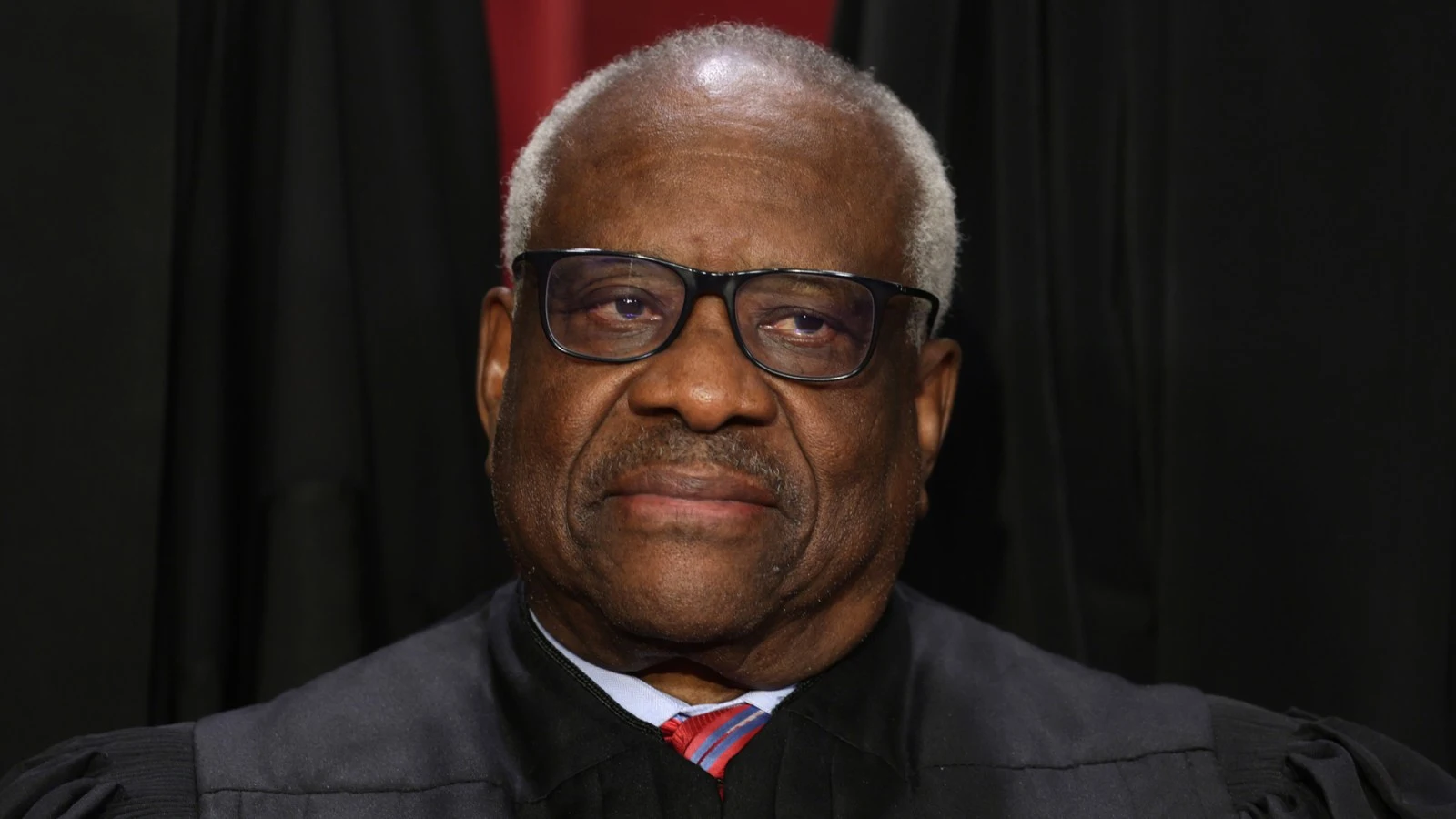Clarence Thomas Wants to Go After Freedom of the Press
Clarence Thomas Wants to Go After Freedom of the Press

Clarence Thomas Wants to Go After Freedom of the Press

The Supreme Court on Tuesday declined to review a challenge to its landmark New York Times v. Sullivan ruling. Justice Clarence Thomas has some thoughts.
The 1964 ruling established limits on public officials’ ability to sue on grounds of defamation, as well as the need to prove a standard of “actual malice” by the outlet making the allegedly defamatory statements.
The Supreme Court declined to hear Blankenship v. NBC Universal, LLC, a lawsuit brought by coal magnate Don Blankenship, who in 2015 was convicted of a misdemeanor charge of conspiring to violate safety standards at a Virginia mine where an explosion killed 29 workers. Blankenship was sentenced to a year in prison and fined $250,000. Last year, the Supreme Court upheld the conviction. Blankenship then sued NBC Universal, alleging that the news company had defamed him by describing him as a “felon.” Lower courts ruled that NBC had not acted with “malice” in their statements, and the case was appealed to the Supreme Court.
While Justice Thomas concurred that Blankenship’s case did not require a ruling by the Supreme Court, he called for the justices to review the standard set by New York Times v. Sullivan “in an appropriate case.”
“I continue to adhere to my view that we should reconsider the actual-malice standard,” Thomas wrote,” referencing his previous opinion in Coral Ridge Ministries Media, Inc. v. Southern Poverty Law Center. “New York Times and the Court’s decisions extending it were policy-driven decisions masquerading as constitutional law,” he added, “the actual-malice standard comes at a heavy cost, allowing media organizations and interest groups ‘to cast false aspersions on public figures with near impunity.’”
The push from Thomas comes amid widespread media reporting on allegations of corruption and improper financial relationships involving the justice. A series of investigations by ProPublica and The New York Times have uncovered unreported gifts, real estate deals, and luxury perks given to Thomas by high-profile conservative figures — many of which were not reported in financial disclosures, or weighed as conflicts of interest in relevant cases.
In April, ProPublica reported on the extent of Thomas’ relationship with billionaire Harlan Crow. The real estate mogul gifted Thomas frequent rides on private jets, vacations to luxury resorts, and trips on his superyachts. Crow also purchased $133,000 in real estate from Thomas, and footed private school tuition bills for a child Thomas was raising.
Subsequent reporting has exposed Thomas’ relationship with other powerful conservative players, including the Koch brothers, oil tycoon Paul “Tony” Novelly, H. Wayne Huizenga, the former owner of the Miami Dolphins, and investor David Sokol.
Thomas has claimed that the omissions from his financial statements were nothing more than oversights and that he had been advised that “this sort of personal hospitality from close personal friends, who did not have business before the Court, was not reportable.”
